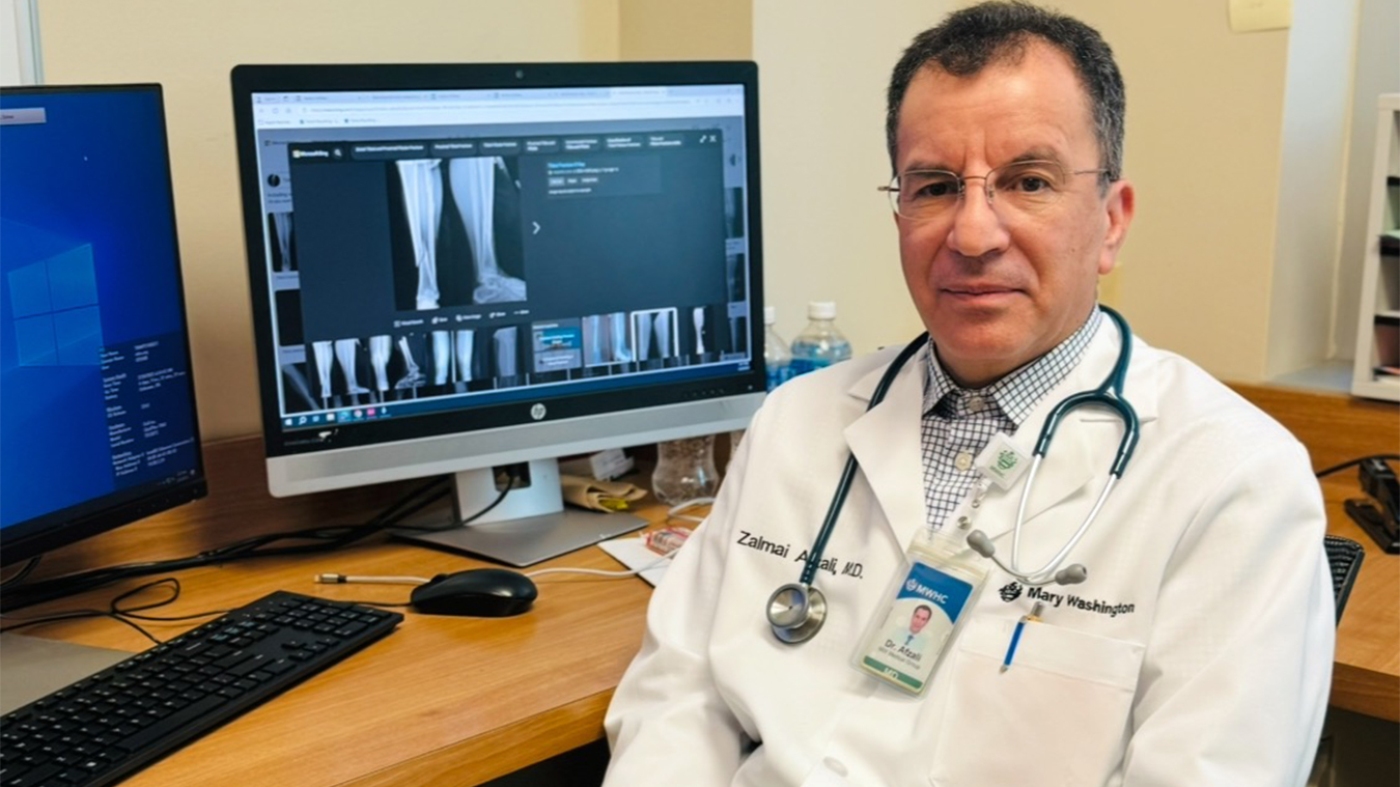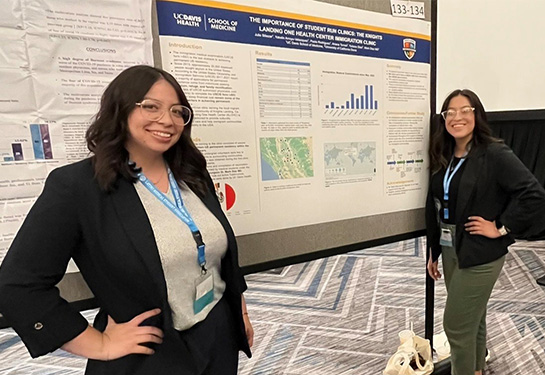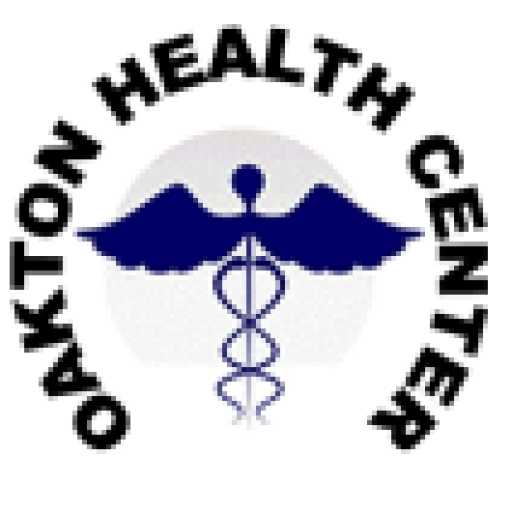In an effort to address doctor shortages, some US states are making it simpler for foreign-trained physicians to obtain medical licenses. Previously, physicians who completed their residency or similar training abroad were required to repeat the process in the US before they could get a full license. Now, states like Florida, Iowa, Idaho, Illinois, Louisiana, Massachusetts, Tennessee, Virginia, and Wisconsin have approved changes to this requirement. This comes as around 26% of doctors practicing in the US were born elsewhere. Supporters of such changes argue that qualified doctors should not need to spend additional years completing secondary residencies, while opponents worry about patient safety and doubt whether easing licensing will help the doctor shortage.
Tacoma Family Medicine and OB Access Clinics, along with three graduate medical education programs, have opened within MultiCare Health’s new 22,000-square-foot facility. Located on the MultiCare Tacoma General Hospital campus, this facility will accommodate 28 residents and six fellows, as well as faculty and staff. Additionally, the family medicine clinic now has 32 exam rooms, up from 21, and the obstetrics clinic has grown to 13 exam rooms from eight. Tacoma Family Medicine Residency Program and the Rural Family Medicine with Obstetrics Fellowship have trained over 300 physicians and nearly 150 fellows respectively. MultiCare is devoted to supporting these legacy programs with the aim of fostering a steady supply of skilled, compassionate doctors committed to community health and well-being.
Johns Hopkins pediatric specialists are leading initiatives to help the health needs of immigrant families in Baltimore. One such support initiative is the “Steps to Success” program, which provides free therapy, peer support groups, and connection to social and employment services for young survivors of human trafficking. A significant percentage of the children referred to Steps to Success are suffering from trauma-related mental health conditions, such as anxiety, depression, or PTSD. The program also identifies obstacles to healthcare for immigrant children, including low health insurance coverage rates and lack of transportation, and works to address these issues. Additionally, the Johns Hopkins-based partnership, HEAL, provides primary care and mental health services for forcibly displaced people, including asylum seekers and refugees.
UC Davis medical students, Julio Siliezar, Yakelin Arroyo-Velazquez, Paola Rodriguez, Ariana Lopez Torres, and Yuliana Diaz have developed a free health program to provide physical exams for immigrants. Winning top honors at the Latino Medical Student Association (LMSA) 2023 National Conference, the program aims to support immigrants applying for green cards who lack access to medical care. Medical students from the University of Illinois Chicago (UIC) have also launched the Mobile Migrant Health Team to provide medical support for migrants. The team, consisting of over 80 active volunteers, delivers medical attention to Chicago’s migrant population and is overseen by physicians Dr. Alex Lucas and Dr. Beth Payment.
Health clinics aimed at supporting refugees have become a training ground for medical students and residents across the United States. From providing basic health screenings to helping navigate the health system, these clinics are addressing a wide range of health needs and cultural sensitivities encountered in their treatments. The Refugee and Immigrant Health Clinic at the University of North Carolina, the refugee health clinic at the Family Health Center of Worcester under University of Massachusetts Medical School, and the Jefferson Center for Refugee Health at Thomas Jefferson University are such examples. These clinics partner with resettlement agencies to provide comprehensive care and have proven to be a significant part of the training and education for medical students and residents while serving a critical societal need.
With refugees requiring extensive health care needs, the reimbursement for their first visits is typically higher than standard primary care visits. This initial investment, though challenging, can lead to additional funding to support staff and other services. Training staff in cultural humility, an openness to challenging personal biases and respecting diverse cultures, is vital. Scheduling flexibility is also critical to accommodate for language and other cultural barriers that might cause refugees to struggle with understanding the patient appointment process.
In efforts to alleviate this problem, one refugee clinic assigned a dedicated front-office staff member to oversee patient visits coordination with local Voluntary Agencies (Volags). This strategy not only relieves other staff members from this responsibility, but it also helps to promote the importance of engaging with refugees. Even though it demands an investment of time and resources, this strategy can potentially yield an ROI by minimizing missed appointments, thereby increasing revenue in value-based health systems.
This initiative underscores the importance of building capacity in health care systems to accommodate the unique needs of refugees. Making these adaptations ensures they receive the necessary care and support, while also fostering a culturally aware and respectful environment. It also demonstrates how strategic allocation of resources and personnel can enhance operational efficiency and generate financial returns in value-oriented health care contexts.
2. USCIS Updates Its Policy on Expedite Requests
The United States Citizenship and Immigration Services (USCIS) has revised its policy on expedite requests, introducing new criteria for expedited processing of applications and petitions. USCIS will consider expedite requests if it meets one or more of the following criteria: severe financial loss to a company or person; urgent humanitarian reasons; non-profit organizations whose request is in furtherance of the cultural and social interests of the United States; or a compelling USCIS interest such as meeting legal, humanitarian, or emergency public safety need.
This update reflects USCIS’s response to the need for a more agile and responsive immigration service that accommodates individual and corporate requirements. The revised policy aims to reduce processing times and enhance service delivery by allowing for expedited processing where it’s warranted.
3. Innovations in Family Medicine
Family Medicine is continuously evolving with a focus on prevention, early detection, and management of chronic conditions. There are numerous examples of innovative interventions such as the use of telemedicine, in which a patient’s condition can be monitored remotely, reducing the need for hospital visits. Other interventions include shared decision making, where patients are directly involved in their care decisions, and using data to identify areas where intervention can improve health outcomes.
These innovations highlight how Family Medicine is adapting to meet the needs of the modern patient, using technology and data analytics to improve patient care and outcomes. Telemedicine, for instance, could enhance access to care, particularly for patients in remote areas. It could also lower hospital admissions and the associated costs. Shared decision-making is another approach that fosters patient empowerment, promoting more active involvement in health care. Moreover, the use of data in identifying areas of intervention can help in early detection and better management of chronic conditions, potentially improving patient outcomes and reducing health care costs.
In summary, these news articles highlight the importance of flexibility and innovation within the healthcare and immigration sectors. Cultural humility, efficient allocation of workforce in health-care systems, quicker services in immigration services, and state-of-the-art technology such as telemedicine reflect the sectors’ abilities to adapt to changes and to cater for the needs of the community.
Sources:
 To solve for doctor shortages, states ease licensing for foreign-trained physicians : Shots – Health News
To solve for doctor shortages, states ease licensing for foreign-trained physicians : Shots – Health News MultiCare opens Tacoma physician training space
MultiCare opens Tacoma physician training space ‘Give Me Your Tired…’
‘Give Me Your Tired…’ Medical students earn top honors at national conference
Medical students earn top honors at national conference Refugee Health Clinics Help New Arrivals, Provide Training Ground for Students and Residents
Refugee Health Clinics Help New Arrivals, Provide Training Ground for Students and Residents Building Capacity to Care for Refugees
Building Capacity to Care for Refugees





Leave a Reply